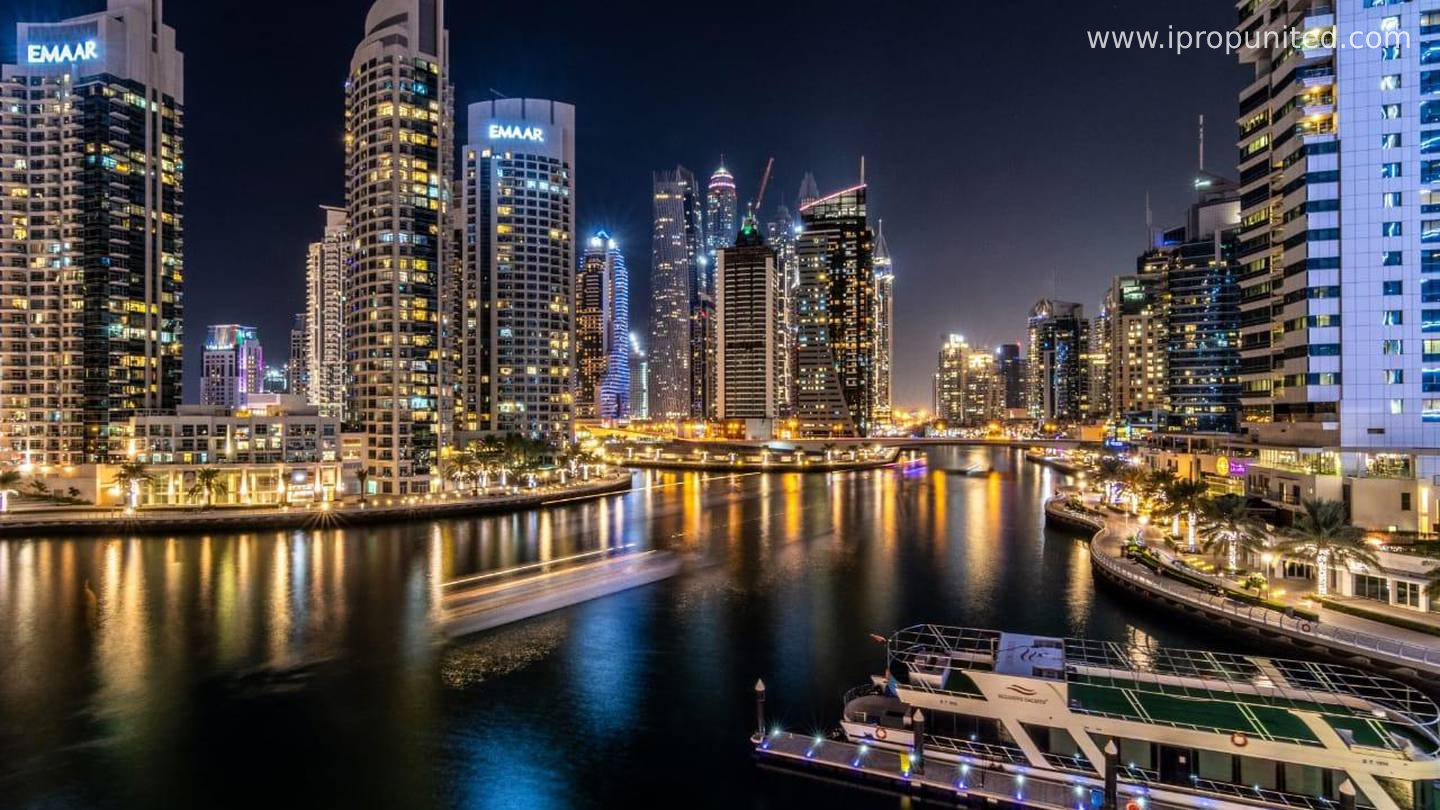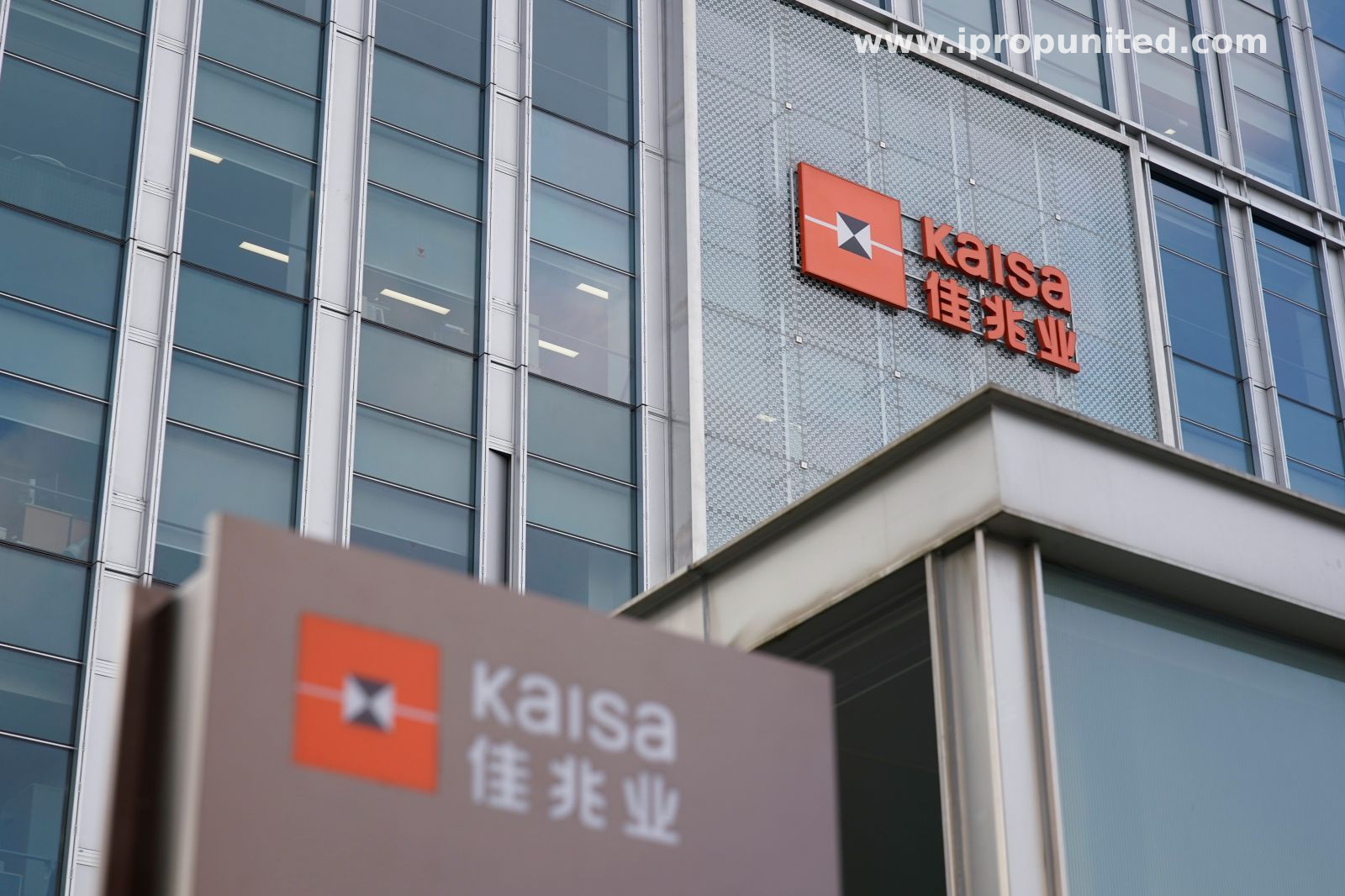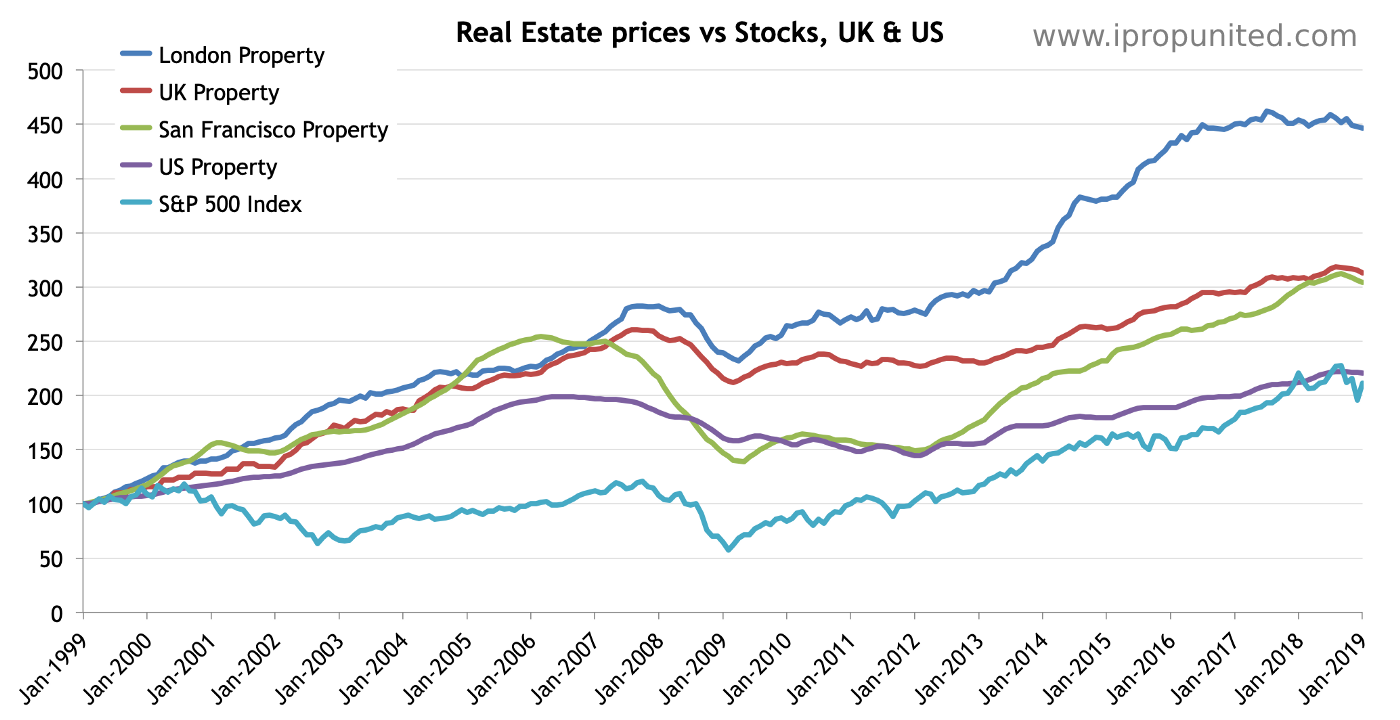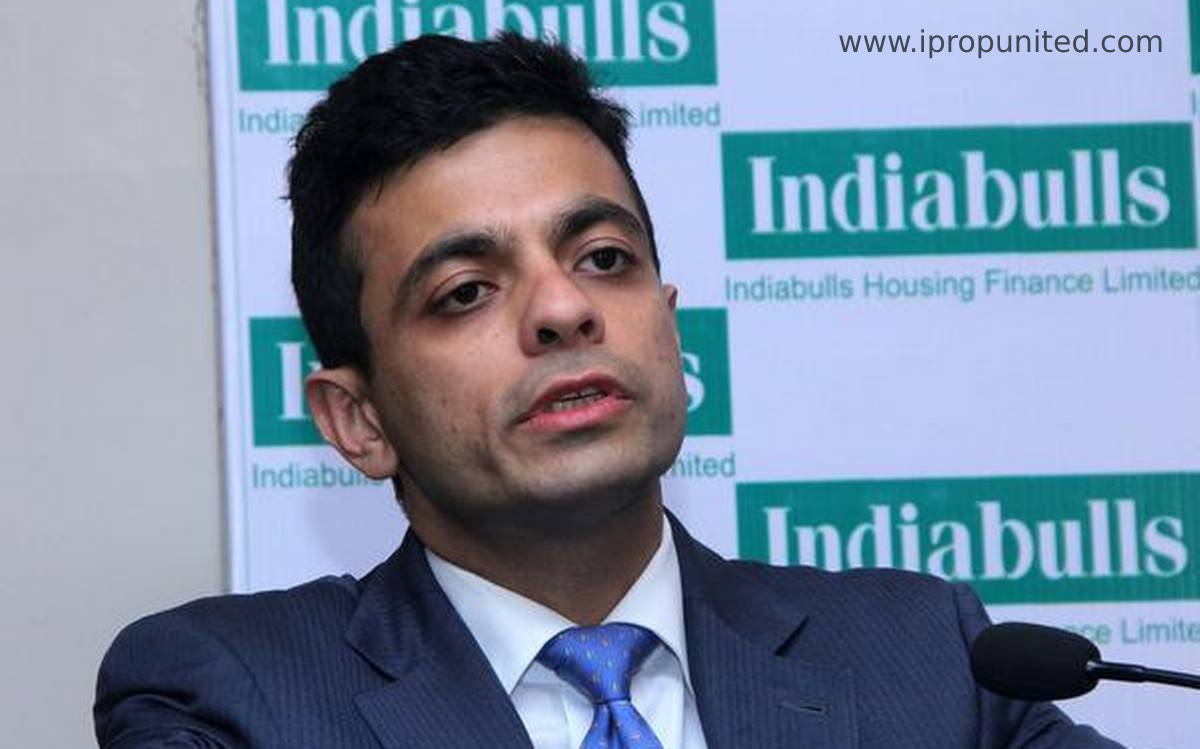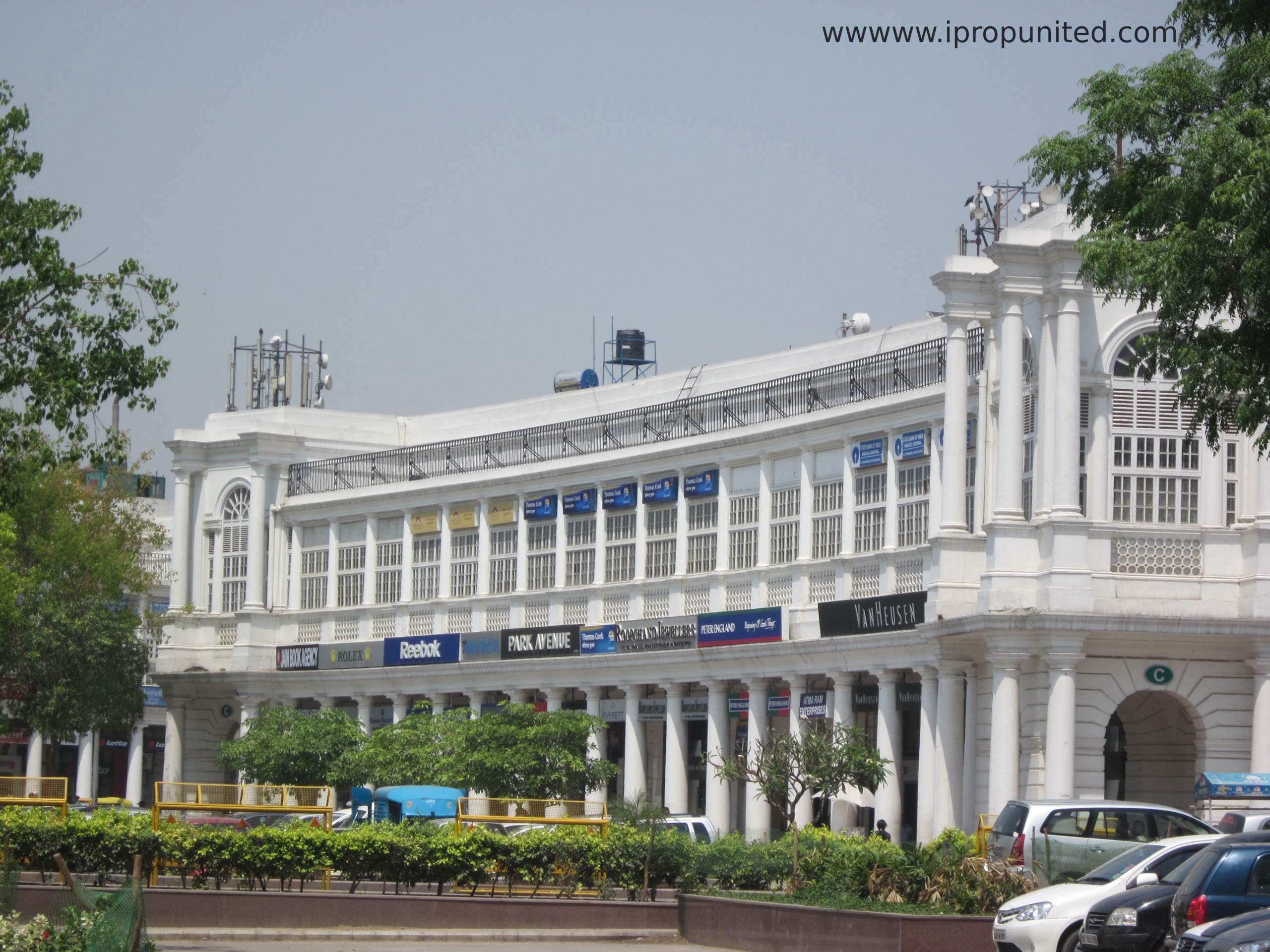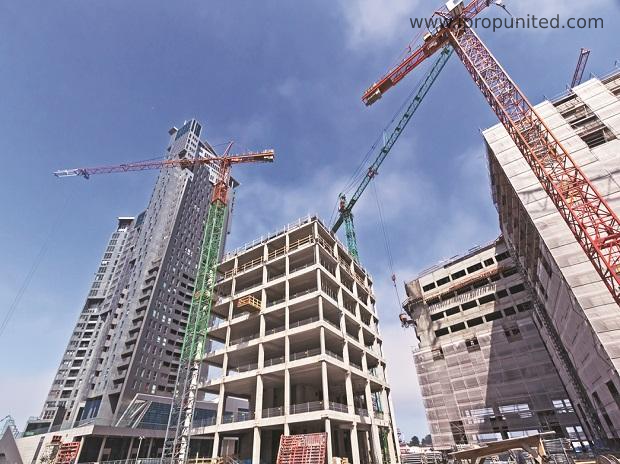Realty developer Lodha NSE 4.70 %, listed as Macrotech Developers, and Morgan Stanley Real Estate Investing (MSREI) have entered into an agreement to develop a logistics park spread over 72 acres at Palava Industrial and Logistics Park (PILP) near Mumbai.

The development of the logistics park with around 1.9 million sq ft Grade A warehousing space is expected to entail an investment of around Rs 600 cr for development. As per the agreement, Lodha would further act as the development manager for the project, responsible for leasing, project development, and asset management.
Shaishav Dharia, CEO, Townships, and Rental Assets, Lodha said, “Our marquee acquisitions and key partnerships for PILP have helped us establish a solid track record in the logistics sector. Through this formidable collaboration, we will leverage our development expertise along with MSREI’s industrial know-how as we continue to expand and enhance this best-in-class industrial park. These are exciting yet crucial times for us as we expect more such strategic partnerships in the near future.”
MSREI is the global private real estate investment management business of American multinational investment bank and financial services company Morgan Stanley. It has entered into this development pact through one of its affiliate entities.
Vineet Sekhsaria, Executive Director and Head, Morgan Stanley Real Estate Investing India said, “We believe that Palava will soon become the most strategic location for logistics and industrial development in Western India. Given excellent infrastructure with multiple connectivity routes to the city and upcoming trans-harbor sea-link, Palava will have benefits, unlike any other location.”
The industrial and logistics park is strategically located close to Jawaharlal Nehru Port Trust (JNPT), the upcoming Navi Mumbai International Airport, and the industrial hub of Taloja MIDC and provides flexible and scalable growth options to companies. It is part of the 4,500-acre Palava city that provides a comprehensive and established ecosystem including high-quality residences, social housing, world-class education, and healthcare.
The PILP continues to emerge as the preferred partner for multinational corporations looking to invest in warehousing and industrial space solutions in Mumbai. The company has already entered into a number of key deals for development at the park, with a strong pipeline of marquee clients in the e-commerce, fast-moving consumer goods (FMCG), and light manufacturing sectors.
In July, Flyjac Logistics, subsidiary of Japanese logistics company Hitachi Transport System Group, acquired over 22.3-acre land parcel from Lodha Group at this industrial and logistics park to develop and set up its operations. Flyjac Logistics was the fourth large multi-national logistics company to ink a pact to set up operations at PILP since January, apart from FM Logistics, Katerra, and Swegon.
The logistics and industrial real estate sector have been showing robust growth across the country over the last few years owing to the implementation of the Goods and Services Tax (GST).
The industrial and logistics category has emerged as a key development driver in real estate, and the growth of the online retail segment has resulted in increased demand for warehouses, leading to higher investments in infrastructure and supply chain modernisation.

